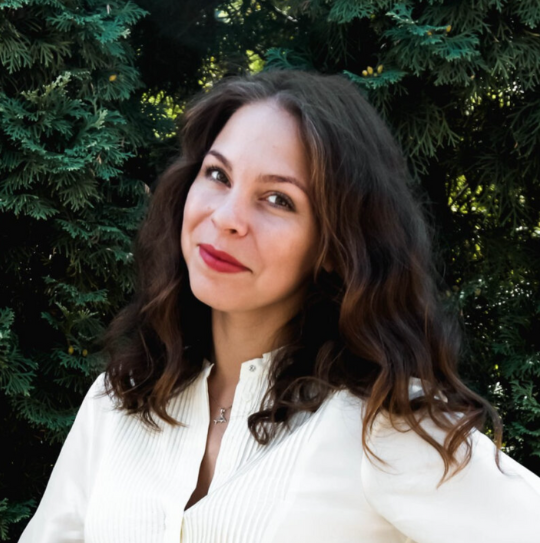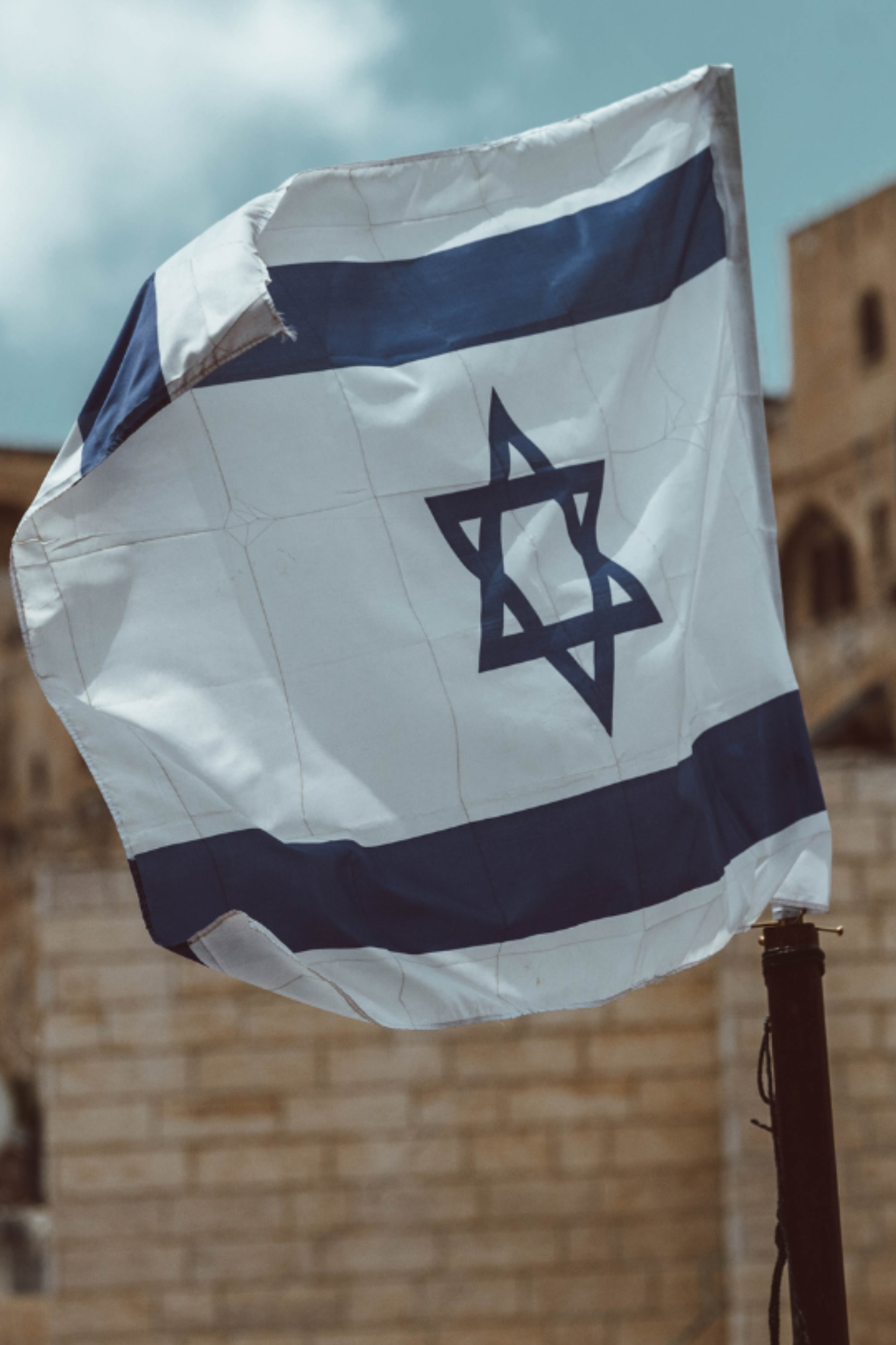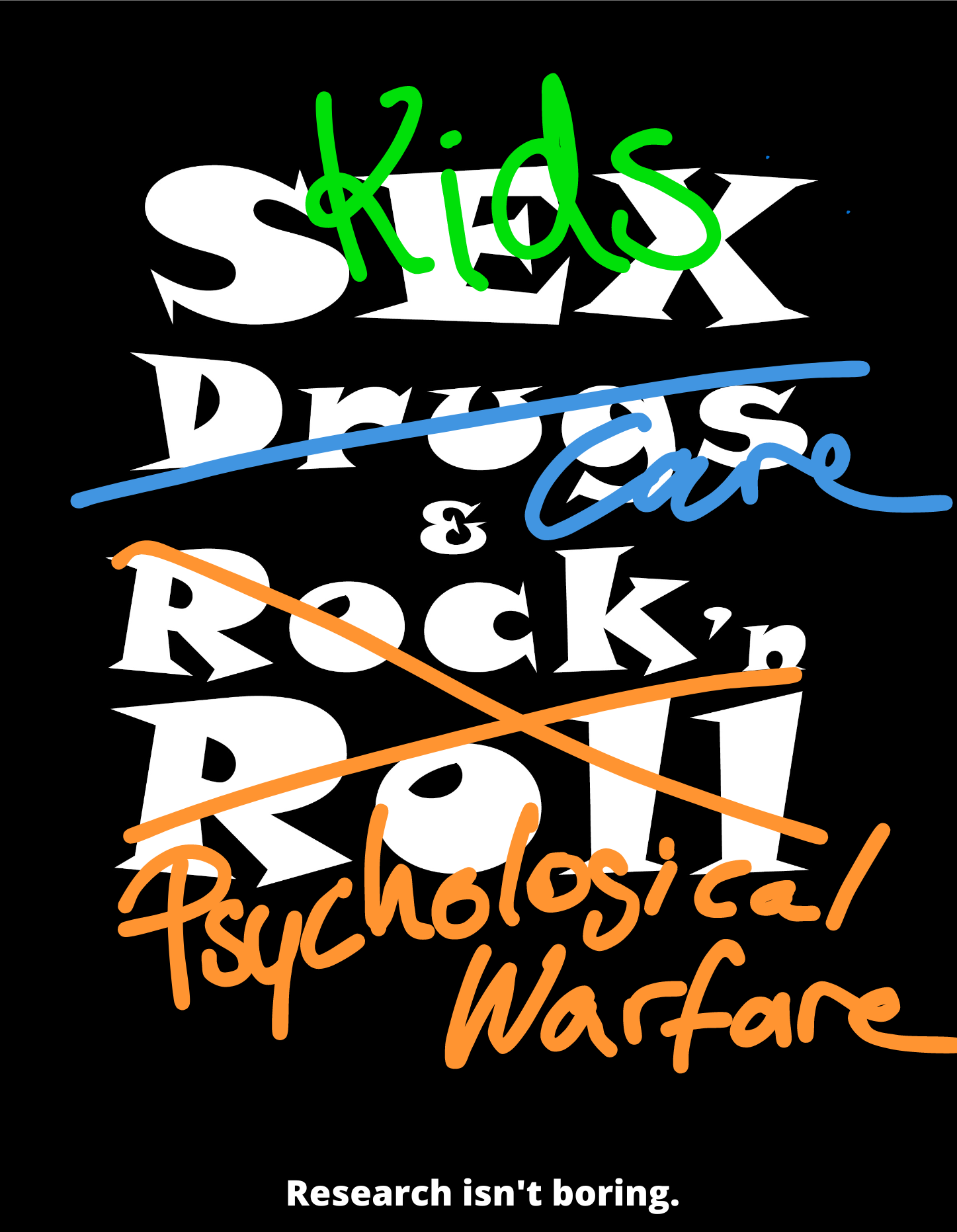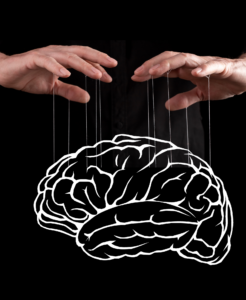To get an idea of our course offerings, you can browse through the seminars and lectures offered in previous semesters here.
Seminar: International Career Planning
This course can be credited towards module 1 of the certificate of international competence

International Soft-Skills Training
This course can be credited towards module 2 of the certificate of international competence
As part of the "Certificate of International Competence" program, SoWi?So! offers an international soft skills training every winter semester. Trained skills can be e.g. intercultural communication, presenting in English, resilience in international contexts or international self-marketing. It can be credited towards the second module of the certificate.
Details of the content of this years training will follow shortly. Read More
Seminar: Psychology of Political Relations
This course can be credited towards module 3 of the certificate of international competence
The seminar aims at giving an overview of the various psychological aspects of political relations, political leadership, conflict and cooperation, psychological influence implementation and methods of countering it. Special attention will be given to the Russian war of aggression against Ukraine and the resulting international political tensions. Read More
Dr. Olesia Zvezdova
(Department of Internationals Relations an Foreign policy, Petro Mohyla Black Sea National University, Ukraine)
 Seminar: Political Developments in Israel
Seminar: Political Developments in Israel
This course can be credited towards module 3 of the certificate of international competence
This course aims to explore the current political developments in Israel. With five national elections in five years, with the Israeli-Palestinian conflict, the war in Gaza, tensions on the Israel-Lebanon border and in the West Bank, inner-Israeli disputes expressed through weekly demonstrations, traditional and social media, and new political alliances, and influential court rulings and legislation, it seems Israelis are currently debating their most fundamental beliefs and ideas. Students of this course will explore the system, the players, the issues, and the ongoing events in Israeli politics as they unfold. Read More
Seminar: Perspectives on Society - Exploring Germany and Beyond
This course can be credited towards module 3 of the certificate of international competence
Participants will explore interdisciplinary perspectives on various social aspects in Germany, Europe, and beyond. Students are encouraged to actively share their experiences and ideas, fostering a highly interactive seminar environment. The seminar is application-oriented and includes excursions to governmental and non-governmental organizations, subject to availability. Read More
Workshop: Term Papers - Academic writing for internationals
You come from abroad and need information and advice on writing term papers? This workshop provides international students (regular and exchange students) with information and individual advice in English. Participants will learn the common requirements for "Hausarbeiten" (term papers) and receive help to find and correctly use suitable literature and develop an outline. Participants can also clarify remaining questions and receive individual guidance. Read More
 Lecture on the research at the faculty: CRiSS - Contemporary Research in Social Science (2-3 ECTS)
Lecture on the research at the faculty: CRiSS - Contemporary Research in Social Science (2-3 ECTS)
 Summer School 2024: Psychological Warfare (3 ECTS)
Summer School 2024: Psychological Warfare (3 ECTS)
In the summer school "Psychological Warfare: Controlling the Public" the participants will discuss communication in the Russian war of aggression against Ukraine and how the spread of misinformation and mistrust is being used as a weapon in these uncertain times. The students will have the opportunity to analyse case studies of psychological warfare and apply your new knowledge.
The course is held in English and addresses all students at Johannes Gutenberg University as well as students from Ukraine. Read more
Seminar: The Israeli society: Past, Present, and Future (5 ECTS)
Seminar: The Problem of "De facto States" in International Relations (5 ECTS)
 Beyond Clichés – Intercultural Communication (Soft-Skills Training)
Beyond Clichés – Intercultural Communication (Soft-Skills Training)
The Social Scientist's View of Germany - for Incomings
Students of the social sciences from all over the world taking part in this seminar (5 ECTS) will get the opportunity to view Germany from various perspectives within the social sciences. The seminar will provide insights into a wide range of topics related to German society, politics, media and culture.
The lecturer, who is social scientist himself, will teach and discuss different perspectives on the multiple course topics. Within the seminar‘s interdisciplinary approach students are encouraged to contribute by actively sharing their views on the topics at hand as the seminar’s concept is a highly interactive one. The seminar is enriched by excursions to governmental and non-governmental organizations.
Lecture: Diversity and Media in Israeli Society
Workshop: War and Justice – Is there anything just about war?
Seminar: The world at 8 billion - is there a sustainable future for a growing population?
At 8 billion, world population is still growing, albeit at a diminishing pace. Global population growth is projected to peak at 10.4 billion during the 2080s. In the meantime, most growth is expected to take place in the poorest countries, most of them in Sub-Sahara Africa. Is there a sustainable future for a growing global population?
The course is designed for regular students and international exchange students from the social sciences and neighboring disciplines. Read more
Lecture: Media and Politics in the Holy Land
Seminar: Assessing and critically reflecting on digital media: A literature review
Seminar: The Absence of „race“ in German discourses on Bildung
Vorlesung: Media, Social Constructs, and Israel´s Political System by Israel professor Yossi David
Israeli society is diverse in terms of nationality, ethnicity, geography, religion, religiosity, economy, etc. The aim of this course is to give an introduction of the socio-cultural fragmentation of Israeli society today and to explore the roles of media (technologies and discourses) and social constructions in shaping and modifying the relations between different groups in the society. The course addresses the theoretical and practical issues arising from the fragmentations and diversity of Israeli society. Read more
Seminar: Media and public opinion in times of the coronavirus (COVID-19) crisis: Israel in a comparative perspective by Israel professor Yossi David
Media discourses, technologies, and public opinions play significant roles in promoting a democratic culture, behavior, and society. Therefore, media establish, serve, and bring forth new spaces for information flow. One of the primary roles of the media in democratic societies is publicizing essential issues surrounding policy-making and human rights, especially in times of national or regional crises (e.g., natural disasters, wars, terrorist attacks, pandemics). Focusing on the social, political, and cultural implications of the COVID-19 crisis, the aims of this seminar are to comparatively examine the role of media and public opinion in these times. Read more
Seminar: Language, Culture and Nationality
Seminar: New media, new challenges: Digital media and the ultra-Orthodox community in Israel
This seminar aims to examine the role of new media technologies in the context of authoritarian closed communities, with a specific focus on the ultra-Orthodox community in Israel. The seminar will focus on the social, political, and cultural implications of digital media in the ultra-Orthodox community in Israel today, including digital media's political power and various roles, especially its role in forming safe spaces and reframing the community's boundaries. To address these aims, the seminar will focus on mapping the ultra-Orthodox community in Israel from a historical and contemporary perspective, understanding the relationship between religion and state in Israel, and focusing on the important role of technologies in general and media technologies in particular in the ultra-Orthodox community in Israel. Mehr Infos
Seminar: A global history of human rights
Human rights are often thought of as universal, meaning that they equally address and apply to all people around the world. Further, they are often understood as having fixed and clear legal meanings that are defined and enforced by international institutions, such as the United Nations. However, a historical examination reveals the varied contexts in which they figure. This course will look at the intellectual underpinnings of the notions behind human rights, the geopolitical contexts in which they were institutionalized, the activism by marginalized peoples to gain greater recognition in the rights-based frameworks, and some critique of work done in the name of human rights. By historicizing the development of human rights discourse and practice, this course aims to shed light on the current challenges facing the global efforts to obtain and protect human rights. Mehr Infos
Seminar: New Media and Political Change in Israel
The aim of the course is to examine the role of new media technologies among different groups and in political and social movements in Israel. The seminar will focus on the social, political, and cultural implications of digital media in Israel today, including the political power of digital media, its role in political conflicts, and the various roles of digital media. How do media help or hinder the creation of new leadership in specific communities? How are media used to promote political change? How do different groups react to new media? What are the risks of the use and overuse of digital platforms? Mehr Infos



 Seminar: Political Developments in Israel
Seminar: Political Developments in Israel Lecture on the research at the faculty: CRiSS - Contemporary Research in Social Science (2-3 ECTS)
Lecture on the research at the faculty: CRiSS - Contemporary Research in Social Science (2-3 ECTS) Summer School 2024: Psychological Warfare (3 ECTS)
Summer School 2024: Psychological Warfare (3 ECTS) Beyond Clichés – Intercultural Communication (Soft-Skills Training)
Beyond Clichés – Intercultural Communication (Soft-Skills Training)